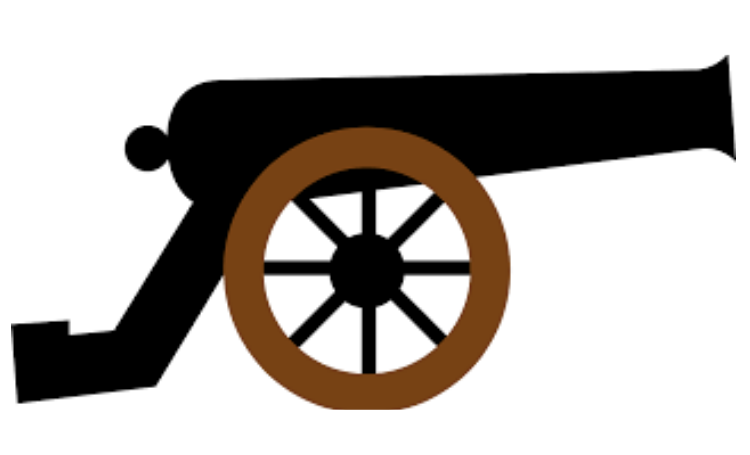Conrad Black
National Post, Apr. 23, 2022
“This makes Canada’s contribution to strengthening the West at its most vulnerable point and training up the Ukrainian army all the more remarkable.”
Almost the entire world outside of Russia has been impressed by the doughty and successful fight that Ukraine has put up against the barbarous assault of the Russian army and air force, and Canadians should be aware and distinctly proud of the assistance that our soldiers have given, along with several other NATO countries, in training the Ukrainian army up to the remarkable level of efficiency and effectiveness that it has shown in this war. I am one of those who has decried the steady neglect and under-budgeting of our Armed Forces since the Mulroney years. It was particularly painful under the government of Prime Minister Stephen Harper, despite the best efforts of Defence Minister Peter Mackay, when the Conservatives talked a good military game but steadily shrank our defence capabilities. Even as this occurred, no one ever doubted the high quality of our military personnel, only their diminutive numbers and, in some cases, increasingly obsolete equipment.
In the opening days of Canada as an autonomous country in 1867, with a population of around 3.5 million, George-étienne Cartier was our first minister of defence and militia and deployed a force of 50,000 men at the border points in southern Quebec, Niagara Falls and Windsor, Ont., to repel attacks from aggrieved Fenians (grumpy Irish-Americans) in the United States. That is approximately the strength of our current army, in a country of 38 million people. In 1867, the United States had just emerged from its terrible Civil War and the Grand Army of the Republic, though it was being substantially demobilized, was the most powerful army in the world with the best generals in the world, led by Ulysses S. Grant and William T. Sherman. The United States had no reservoir of goodwill for Britain or Canada after various provocations by the British during the Civil War, but the British were anxious to resolve their differences, and although it could easily have overrun Canada, the U.S. had no enthusiasm for plunging back into war with the British, which would have enabled superior British sea power to pound the American seaboard, a condition that would not be ameliorated by the conquest of Canada.
To view the original article, click here


